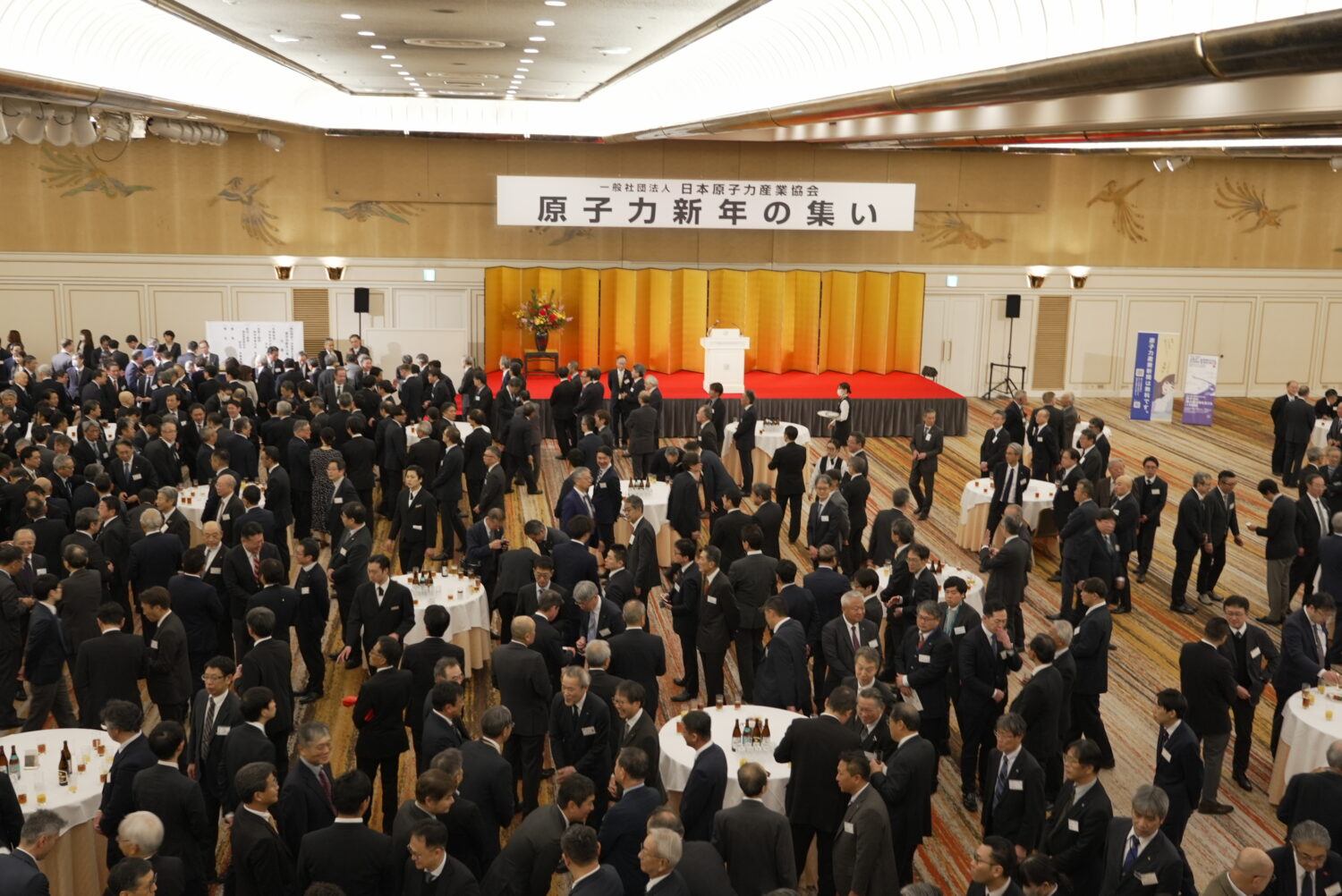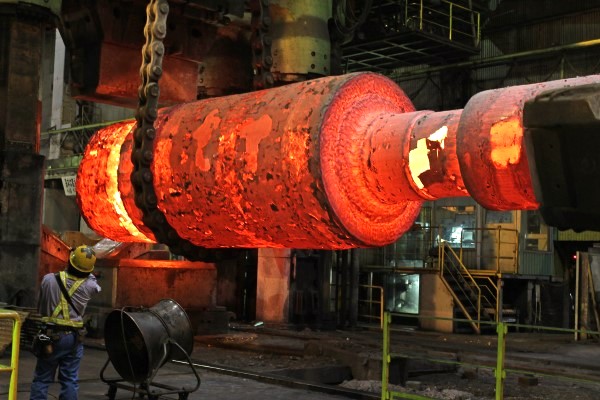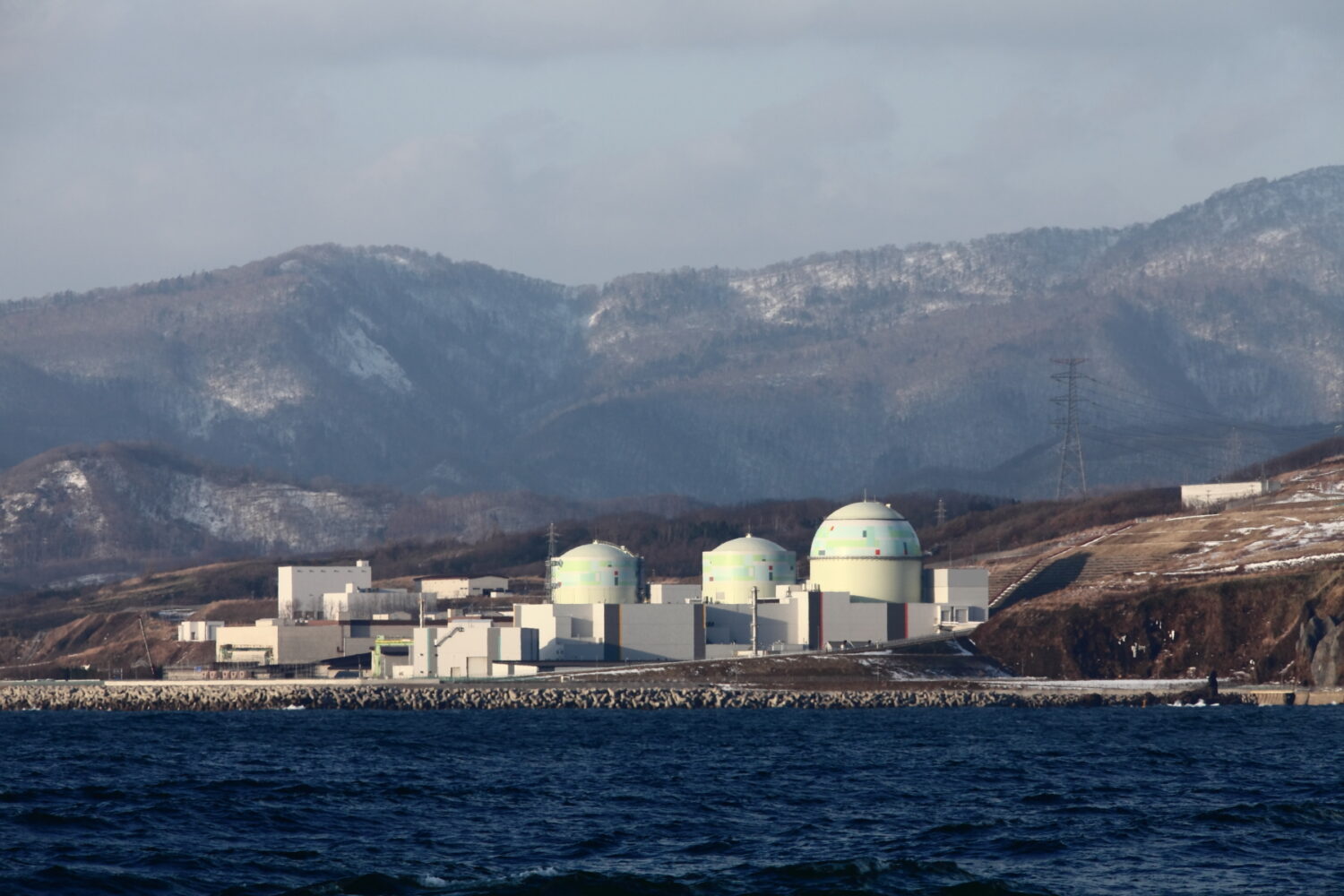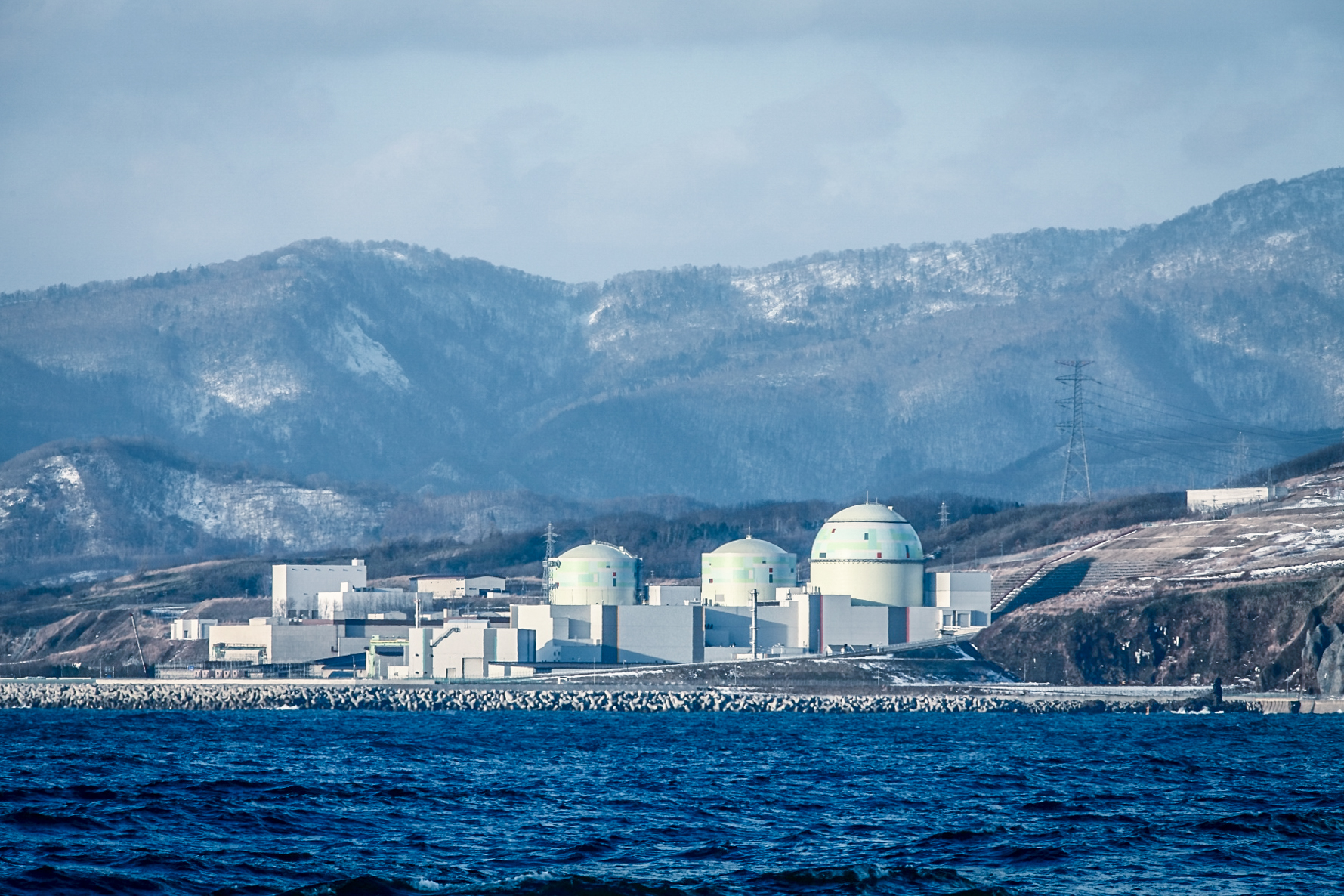The pledge follows the signing on December 2 of a declaration by 22 countries—including Japan, the United States, the United Kingdom, France, and Canada—to triple the world’s nuclear power capacity. It was endorsed by 120 companies and organizations from 140 countries around the world involved in nuclear-related businesses. A total of 13 Japanese companies, including the Federation of Electric Power Companies of Japan (FEPC), along with manufacturers and general contractors, have endorsed the pledge. Several Russian companies have also endorsed the pledge, although the Russian government did not sign the declaration.
According to the pledge, the nuclear industry will work with governments, regulatory authorities, and others to achieve the goal of tripling nuclear power capacity by 2050, while placing the highest priority on safety, maximizing the operational life of existing reactors currently in operation, and accelerating the pace of new reactor construction.
The pledge notes that nuclear power provides an average of 2,500TWh of electricity each year, or about 10% of the world’s electricity and a quarter of the world’s clean power. It then goes on to declare the belief that all available low-carbon technologies, including nuclear power, should be actively supported so as to maintain sustainable economic growth while avoiding catastrophic damage from climate change. It notes that governments should treat nuclear power on par with other clean energy sources in terms of policy and financing, which would allow for a global expansion of nuclear power deployment.
Speaking on the issue, Director General Sama Bilbao y León of the World Nuclear Association (WNA), which compiled the pledges, emphasized, “If we calculate backwards from the scale of nuclear power needed to achieve both economic growth and climate change protection, [the threefold figure] is ambitious but must be achieved.” She also called for “reflecting our ambitions in real policies, achieving financing to achieve our goals, and implementing the new construction of nuclear reactors on budget and on schedule.”
Meanwhile, Maria Korsnick, President and CEO of the Nuclear Energy Institute (NEI), noted that nuclear energy is not only a low-carbon energy source, but also a highly reliable source of jobs and energy security, and that nuclear energy is one area where bipartisan consensus is possible in the United States. On the other hand, she also noted that there were challenges in restructuring the supply chain and securing the labor force, and recognized that “expanding nuclear power will not be easy, but it will be feasible if the global industry makes a concerted effort.”
Next, Director General Yves Desbazeille of nucleareurope, the Brussels-based trade association for the nuclear energy industry in Europe, noted that in May of this year, a total of 16 countries—including those participating in the “Nuclear Alliance”[1]Cooperation initiative on the part of 14 European countries using nuclear power, led by France.—announced that it would be feasible to expand Europe’s current installed nuclear capacity from approximately 100GW to 150GW by 2050. He also mentioned the goal of tripling the world’s nuclear capacity, adding that it was similarly feasible from a European perspective.
Meanwhile, John Gorman, President and CEO of the Canadian Nuclear Association (CNA), noted that “doubling or tripling clean power is a huge mathematical challenge,” but also recognized that “significant progress” had been made in the environment surrounding nuclear power over the past three years, and that it was becoming a reality.
Next, Tom Greatrex, CEO of the Nuclear Industry Association (NIA), the trade association for the civil nuclear industry in the United Kingdom, stressed that “this pledge shows that the industry is prepared to build nuclear power on a large scale and at a fast pace in order to achieve net zero CO2 emissions and build an energy system for the future.” He expressed his readiness to support the goals being pursued by governments around the world to expand nuclear energy, and said that he had high expectations for his own government’s action as well, stating, “I look forward to seeing the plan to triple nuclear power included in the roadmap to be drawn up by the UK government next year.”
The last person to deliver a speech was UETAKE Akihito, Senior Managing Director of the Japan Atomic Industrial Forum (JAIF), who stated that “the Japanese nuclear industry has made the accident at Fukushima Daiichi the cornerstone of all its activities, prioritizing safety above all else,” adding that it was “fully committed to decommissioning and rebuilding the Fukushima region.”
He also noted that Japan was voluntarily raising the level of nuclear safety further through the activities of the Japan Association for Nuclear Safety and Industrial Safety (JANSI) and the World Association of Nuclear Operators (WANO), stating, “This sincere commitment to putting safety first, above all else, is the foundation for the restoration of nuclear power in Japan and around the world.”
Introducing the current situation in Japan, Uetake said, “Due to the Fukushima Daiichi accident, nuclear power—which had previously accounted for about 30% of total electricity generated in the country—fell to zero percent. However, with 12 years having passed since the accident, some 12 reactors have resumed operations, and another five have passed the new regulatory standards and are preparing to resume operations.” He also pointed out that ten reactors are currently under review, and “if all of them were to be restarted, the total number of reactors in Japan would be 27, or three times the number of nine reactors in operation as of 2020.”
Uetake also touched on the status of Japan’s innovative reactor development, noting that in addition to innovative large light water reactors (LWRs), Japan is working with many other countries to develop a variety of advanced reactors, including small modular reactors (SMRs), sodium-cooled fast reactors, high-temperature gas reactors, and nuclear fusion reactors, and concluded that “through such technical cooperation, we can significantly contribute to realizing the net zero nuclear pledge.”
References
| ↑1 | Cooperation initiative on the part of 14 European countries using nuclear power, led by France. |
|---|











-013.jpg)

-049.jpg)
.jpg)




